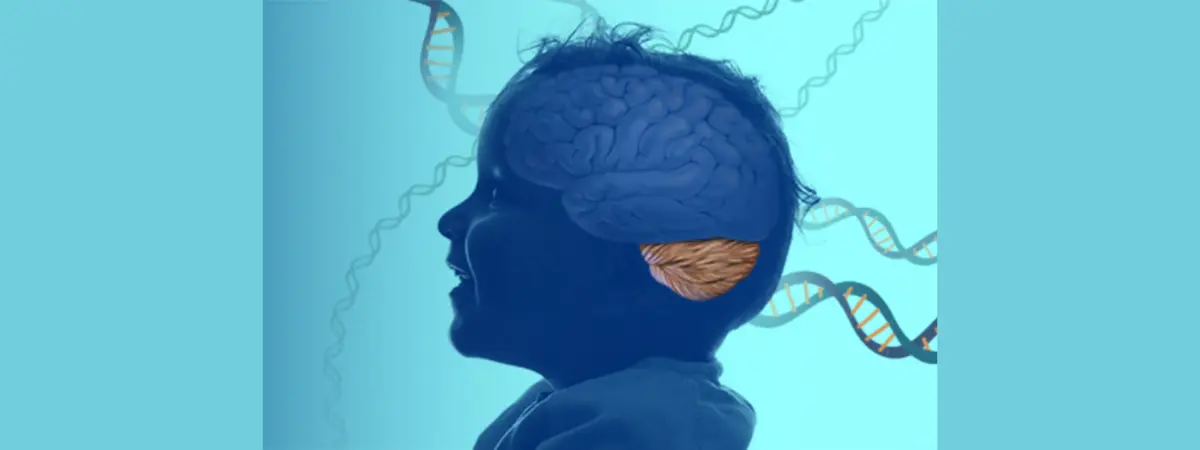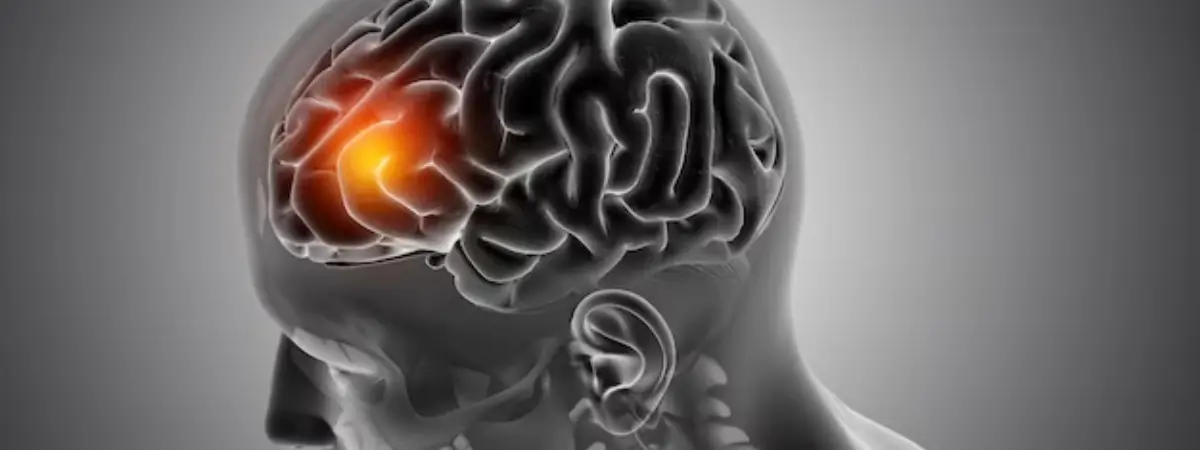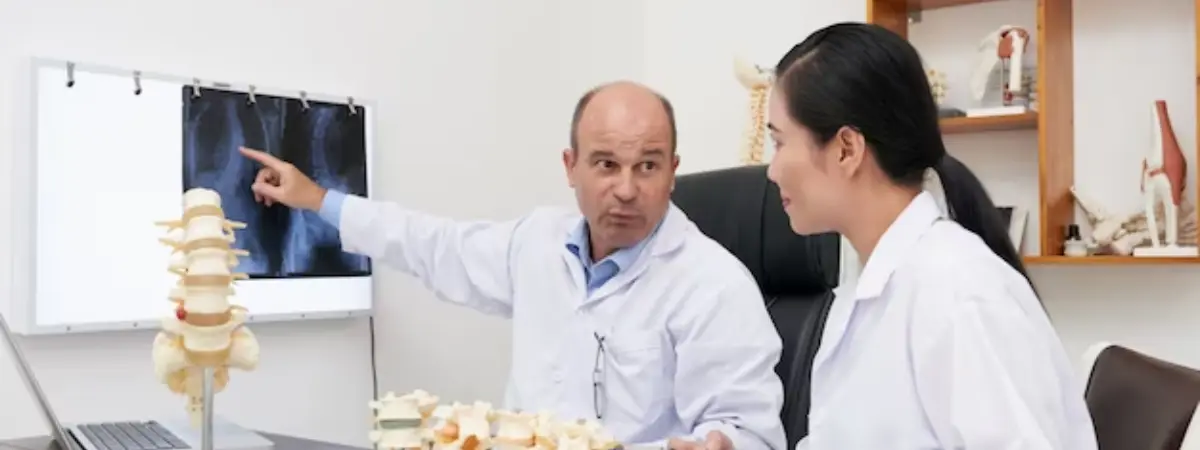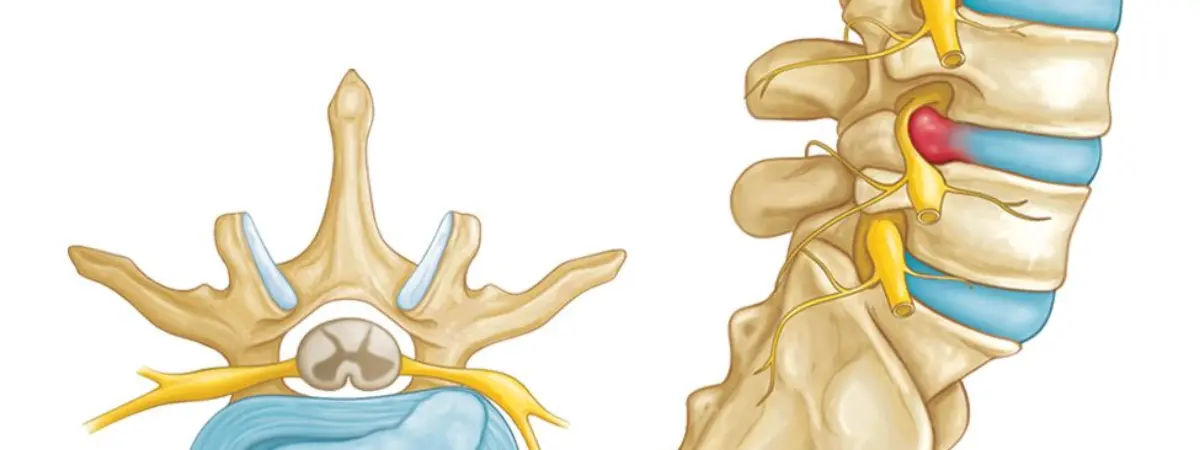
Are you concerned about your child's neurological health? Searching for ways to address potential issues early on? Look no further! Hyderabad boasts exceptional neurosurgeons for their expertise in treating pediatric neurological disorders.
In this article, we'll explore strategies to halt the progression of neurological issues. From maintaining proper posture to ensuring adequate hydration and more, we'll provide insights to safeguard your child's neurological well-being and prevent further complications.
Understanding Pediatric Neurological Disorders
Pediatric neurological disorders encompass a range of conditions affecting the nervous system, including the brain, spinal cord, and nerves. These disorders can manifest in various symptoms, such as developmental delays, seizures, impaired motor skills, speech difficulties, and more.
Common pediatric neurological conditions include:
Epilepsy:
Characterized by recurrent seizures, epilepsy ranks among the most prevalent neurological disorders in children.
Cerebral Palsy (CP):
Affecting muscle tone, movement, and motor skills, CP often stems from brain damage during fetal development or infancy.
Autism Spectrum Disorders (ASDs):
ASDs comprise developmental disorders impacting behavior, communication, and social interaction.
Neurodevelopmental Disorders:
This category includes conditions like ADHD (Attention Deficit Hyperactivity Disorder) and learning disabilities.
Hydrocephalus:
Resulting in an accumulation of cerebrospinal fluid, hydrocephalus elevates pressure within the brain.
Early Detection: A Crucial Step
Early detection of neurological disorders is imperative for several reasons:
Improved Outcomes:
Identifying neurological issues early enables timely intervention, enhancing the likelihood of improved outcomes and a better quality of life for affected children.
Prevention of Progression:
In some instances, early intervention can halt the progression of neurological conditions, reducing the need for more invasive treatments later on.
Support for Families:
Early diagnosis equips families with the knowledge and resources needed to understand and manage their child's condition effectively.
Personalized Treatment Plans:
Early detection empowers healthcare providers to develop tailored treatment plans addressing the unique needs of each child.
Neurosurgery in Hyderabad: A Hub of Excellence
Hyderabad is home to esteemed neurosurgeons like Dr. Vamshi Krishna. When it comes to pediatric neurological care, neurosurgery in Hyderabad offers state-of-the-art diagnostic tools, advanced technology, and a wealth of expertise.
Here's how neurosurgery in Hyderabad contributes to early detection and intervention:
Cutting-edge Diagnostics:
Hyderabad's medical facilities boast access to cutting-edge diagnostic equipment, including MRI and CT scans, crucial for early detection.
Multidisciplinary Teams:
Pediatric neurosurgery in Hyderabad involves collaboration among neurosurgeons, pediatric neurologists, physiotherapists, speech therapists, and other specialists, ensuring comprehensive care.
Minimally Invasive Procedures:
Many neurosurgical procedures for children have become minimally invasive in Hyderabad, reducing risks, pain, and recovery time associated with surgery.
Rehabilitation Services:
Hyderabad's healthcare institutions offer robust rehabilitation programs to help children regain lost skills and achieve their full potential.
Conclusion
Pediatric neurological disorders present significant challenges for children and their families, but early detection and care can vastly improve outcomes. With Dr. Vamshi Krishna and the expertise available in neurosurgery in Hyderabad, there's hope for children facing neurological issues. If you suspect your child may have a neurological disorder, don't hesitate to seek professional medical advice in Hyderabad for the best treatment and support in securing your child's future.
Recent Posts
Unveiling the Impact of Brain Strokes: Understanding, Prevention, and Recovery

Read More
Navigating Spinal Stenosis: Understanding, Managing, and Living with the Condition

Read More
Five - Signs of Lumbar Disc Prolapse

Read More
Scoliosis Screening: Knowing When and How to Check

Read More
How Your Sleeping position Affects Lower Back Pain

Read More
